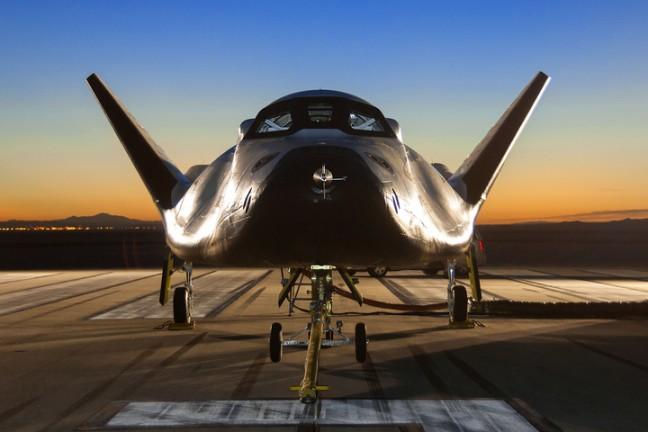Hundreds of millions of dollars flow into University of Wisconsin each year for research on planetary and Earth sciences, as a part of the National Aeronautics and Space Administration’s support to research institutions in the nation.
According to Wisconsin’s 2014-15 Single Audit report, which came out in March, NASA dedicated a total of $108,921 to several UW projects, most of them from the school’s Space Science and Engineering Center.
One of the projects is Venus Express Education and Public Outreach, which is dedicated to educating students about Venus’ atmosphere and its implications to cloud dynamics on Earth through an online application, Rose Pertzborn, space science education director at the Space Science and Engineering Center, said.
Venus Express EPO is part of a larger project called Venus Express, an international mission the European Space Agency started more than a decade ago to study weather and climate patterns on Venus, Pertzborn said. UW scientists were among the 11 American scientists in the mission and received funding from NASA, she said.
“Venus, with its damp atmosphere, is a really good example of the way greenhouse effects work,” Pertzborn said. “Due to the comparability to the greenhouse effect’s potential consequences here on Earth, Venus is a natural planetary laboratory to study that particular phenomenon.”
‘Space screws up biology:’ UW botanist grows plants in NASA space station
Venus Express ended in December 2014, after receiving the last signals from the spacecraft, Pertzborn said. It received additional funding for another year, however, because a Japanese Venus mission, Akatsuki, was about to go into orbit when Venus Express ended, some scientists on Venus Express continued to work with the Japanese team to further gather data about the planet.
Venus Express is lucky because it was a NASA-commissioned flagship mission that lasts for a long time, Kevin Baines, senior planetary scientist at the Space Science and Engineering Center who also worked on the project, said. UW scientists usually write proposals to join those missions to secure funding for a long time.
“Those missions last well over a decade and once you get selected, there’s a lot more guaranteed, so we all try to get on these missions because we have guaranteed support for many years,” Baines said.
Getting funds from NASA, however, is no easy business, Baines said. If scientists want to do their own projects, there are mainly two ways they can receive money from NASA: through research and analysis proposals or individual, competitive space missions.
The research and analysis projects usually take one scientist or a small team to draft a proposal and apply for around $150,000 a year from NASA, Baines said.
To infinity and beyond: Madison company will supply parts for NASA mission
Baines himself just submitted an initial proposal to use telescopes in Hawaii and New Mexico to get a wholesome view at Jupiter. Juno, the spacecraft on its way to Jupiter, will arrive in a few months, Baines said, and his team will submit a formal proposal in June.
From a scientist’s point of view, $150,000 is not a big amount considering all the money that goes to management and bureaucracy in the school before it gets to the people actually doing the research, Baines said.
“When you have three people on the team, it’s really not that much money when you throw out the overheads,” Baines said. “So many people don’t realize that typically when you write a proposal to NASA funding, you don’t just ask for your own salary, you don’t just ask for your own travel money, but you have to ask for twice as much money because of those overheads.”
The second way to get money is from NASA’s space mission for planetary exploration, the Discovery program, Baines said. This program allows scientists from across the nation to submit proposals for whole space missions and only one team can win $400 million in funding.
The opportunity comes every three to four years. NASA selects five finalists from all the proposals and goes through a thorough review process to pick out one lucky winner, Baines said.
UW researchers use NASA satellites to find reason behind Greenland’s melting ice
It can take up to three years to actually receive the money, he said, and the majority of the $400 million does not go to scientists, but to the project managers at NASA centers that help build the spacecraft.
Therefore, scientists like him are constantly writing proposals and relying on NASA to support them financially. Unlike professors, who get 75 percent of their salary from teaching classes, scientists don’t have steady incomes from the university, Baines said.
Baines said what the scientists at the Space Science and Engineering Center earn is “soft money,” which dries up if they don’t receive NASA funding. Then, they are basically out of a job, which is why he and his colleagues try to engage themselves in multiple projects, especially flagship projects like Venus Express.
“It’s a very tough business, and luckily, most of us try to keep enough irons in the fire,” Baines said. “We were involved with other people in their proposals and running around doing enough different things that between them all, we do get the money that we need to survive.”


















